Blue Beauty, Water Pollution and The Effects On Our Environment
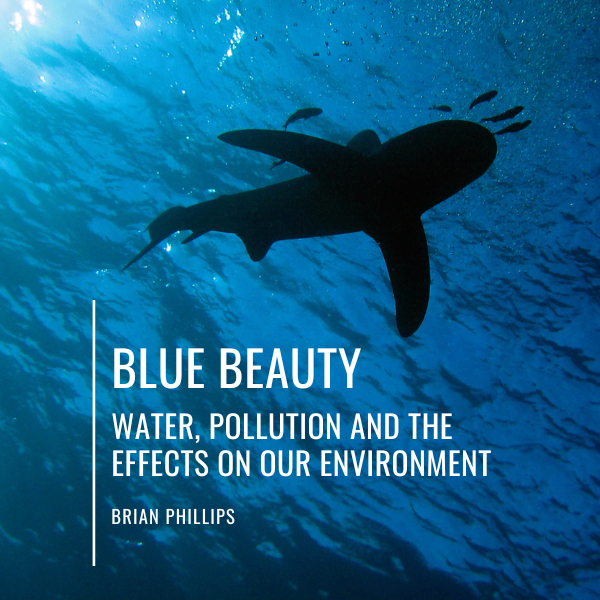
Blue Beauty, Water Pollution and The Effects On Our Environment
You might not have heard of “Blue Beauty”, but it’s relevance is fast outpacing last decade’s “Green Beauty” as awareness builds around the damage the beauty industry perpetuates on the planet’s water supply and its inhabitants.
Water - will we continue to have enough to survive?
According to The National Groundwater Association, 71% of the earth’s surface is covered by water, but only .3% is usable by humans. “The Earth is a closed system, meaning that very little matter, including water, ever leaves or enters the atmosphere; the water that was here billions of years ago is still here now. But, the Earth cleans and replenishes the water supply through the hydrologic cycle (evaporation and precipitation).” Humans use about 321 billion gallons of surface water per day (mostly from rivers), and 77 billion gallons of groundwater.
Water pollution - generations to come will feel its effects
As surface water and aquifers become polluted, whether through the fossil fuels industry (acid rain, tailing ponds) or the beauty industry (micro beads, triclosan, silicone, plastics), bioaccumulation and toxicity pose a threat to future generations of humans and the water habitats that supply food.
Let’s talk plastic
Leo Baekeland, inventor of “Bakelite'' in 1907, is considered the father of “the modern plastic era”. Bakelite, named after him, was created by combining acids derived from coal tar -phenols - with formaldehyde to create a moldable, durable material. Fast forward over a hundred years and plastic waste is clogging our waterways, the stomachs of seabirds and plastic microbeads from skin sloughers are collecting in fish. In a published study of August 2021 in the Proceedings of the National Academy of Sciences, researchers exposed cells in a laboratory setting to microplastics ranging in size from 1 to 10 micrometers. They found that the pieces of microplastic could attach to the lipid membrane of the cell and cause the membrane to stretch, potentially leading to a myriad of health problems.
Microplastics and disease
In other recent studies, microplastics have been identified as vectors for pathogens. Bacteria and other microbes can attach to them and travel through our bodies or throughout the world. Mosquitoes are another example of a successful vector that transports disease; microplastics already exist in the tens of trillions just in our oceans and over the next hundred years will eventually become nanoparticles which will pose another series of potential health hazards.
Don’t massacre sharks for your wrinkles
Every year, millions of sharks are killed for the oil in their livers. Once hydrogenated, “Squalene” is used in beauty products to hydrate and restore the skin. It takes 3000 sharks to produce one ton of squalene, which can also be
made with plant oils, such as olive and sugarcane, but is more expensive to produce and can spoil faster . Sharks are apex predators and key to keeping the natural balance in our oceans. Scientists believe that at the rate they are being decimated, we could reach a tipping point fairly soon.
Be aware, protect our water, save our environment - a few simple steps will make a world of difference:
- Turn off the tap while washing dishes and brushing your teeth.
- Don’t flush medication, Q-tips, contact lenses and other refuse down the toilet.
- Collect and dispose of trash when leaving the beach.
- Check ingredients on your personal care products before you purchase, make sure to avoid cosmetics that contain squalene. With squalene on the list, you are helping to fund an industry that is damaging our oceans.
- Micro-beads, silicone and other toxics can also be avoided if you search out healthy brands.
- Support small businesses that are focused on being good corporate and planetary citizens such as WORLD Hair and Skin, a toxic free line that does not contain any of the aforementioned ingredients and is never tested on animals. WORLD Hair and Skin has also begun its journey of sourcing alternative packaging, they are hoping to complete the transition by 2023.
Thank you for taking an interest in Blue Beauty, small steps can make a world of difference.
Brian Phillips,
Celebrity Stylist
Founder, worldSALON, WORLD Hair and Skin
Co-Founder, Noggin Oil
Green Champion Award
Environmental Defence
25 years of leadership in sustainable business practices and progressive work eliminating toxic chemicals in personal care products.
Certificate of Achievement
Ontario Power Authority
For the reduction of electricity consumption by 50%
Clean Air Alliance
Launched their summer program at worldSALON where Mayor David Miller congratulated Brian Phillips for being a leader in the small business community.
Green Award for Environmental Stewardship
Green Circle Salons
Honoured as the first recipient of the "Green Circle Award for Environmental Stewardship", at the Canadian Hairdresser Awards.
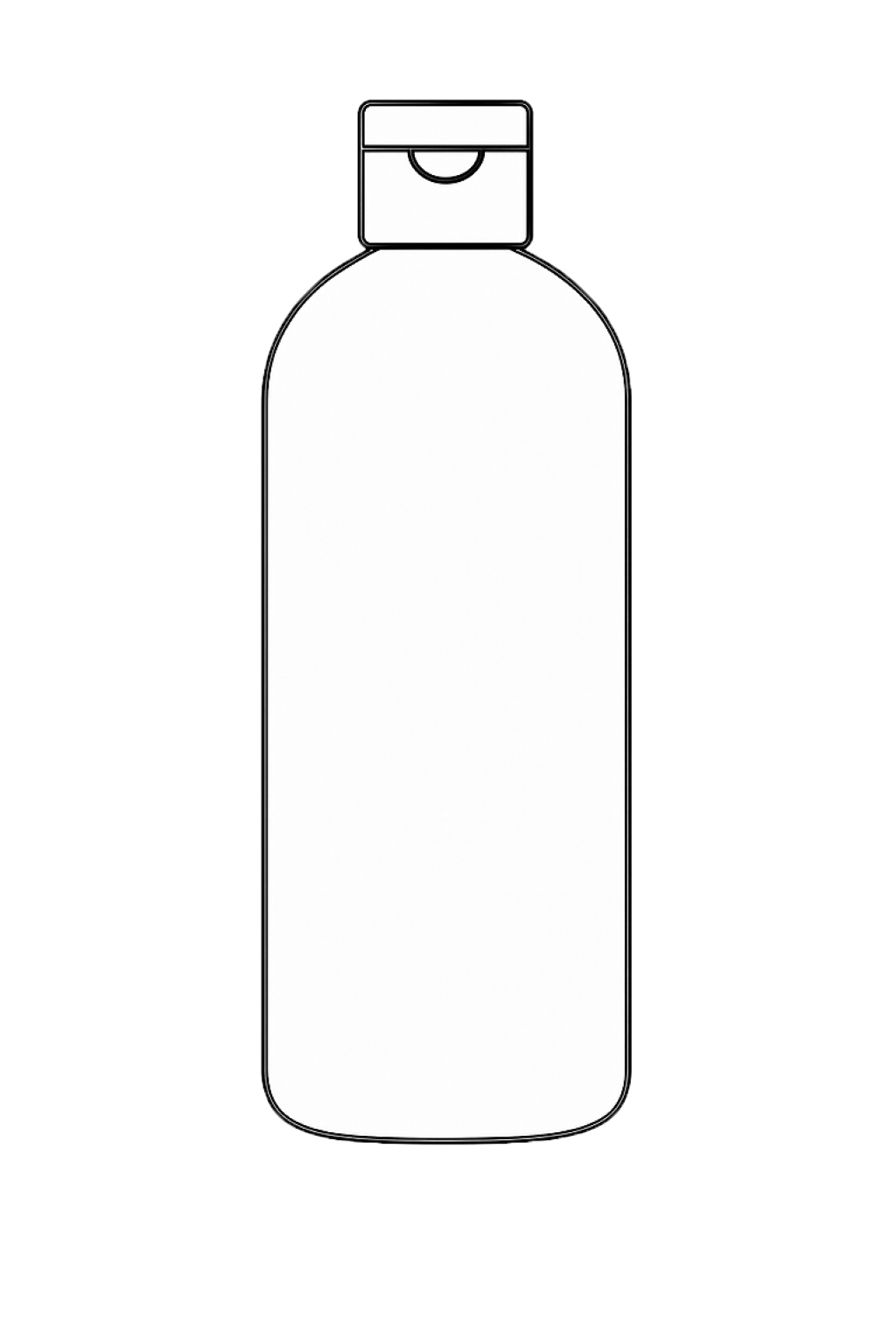
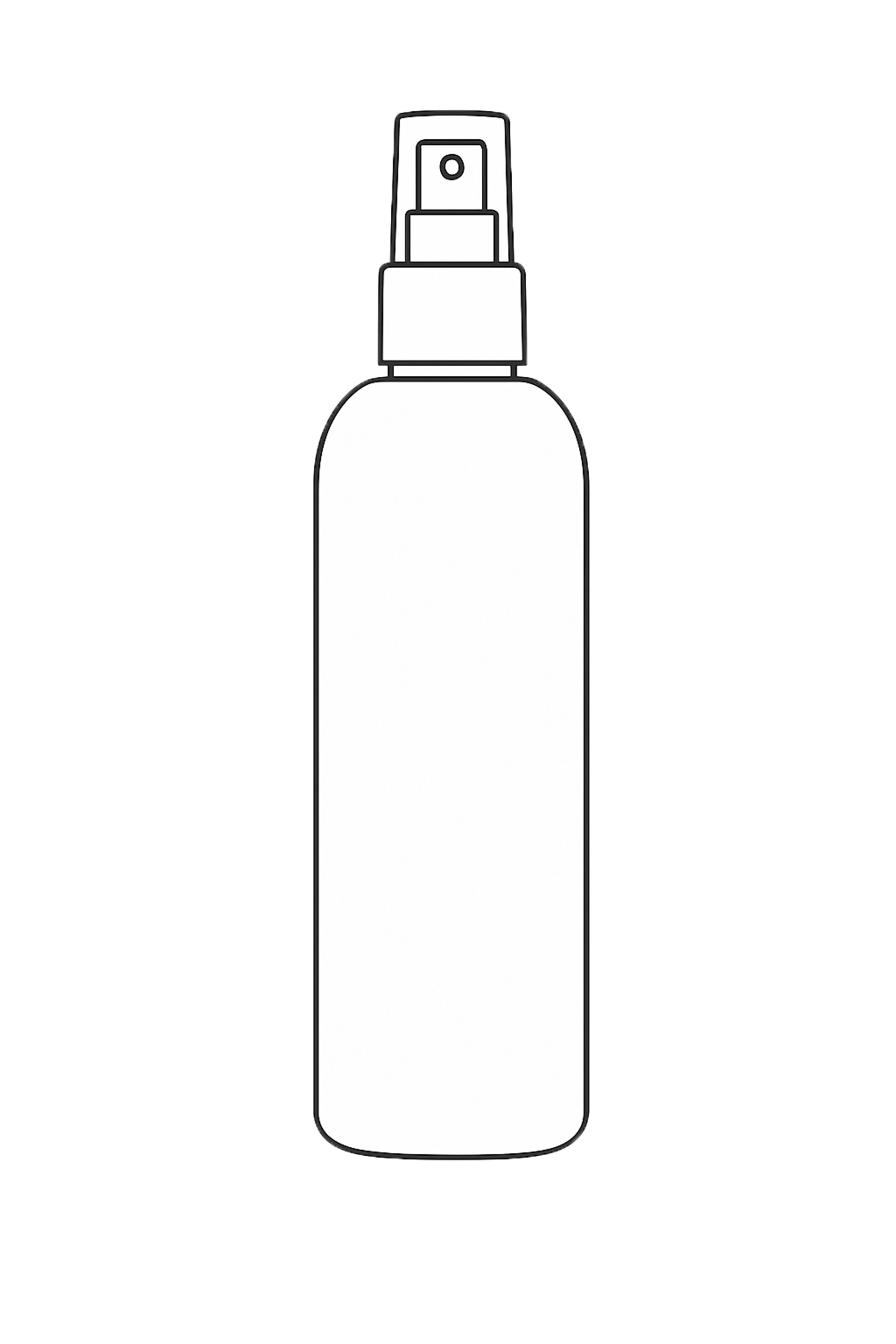
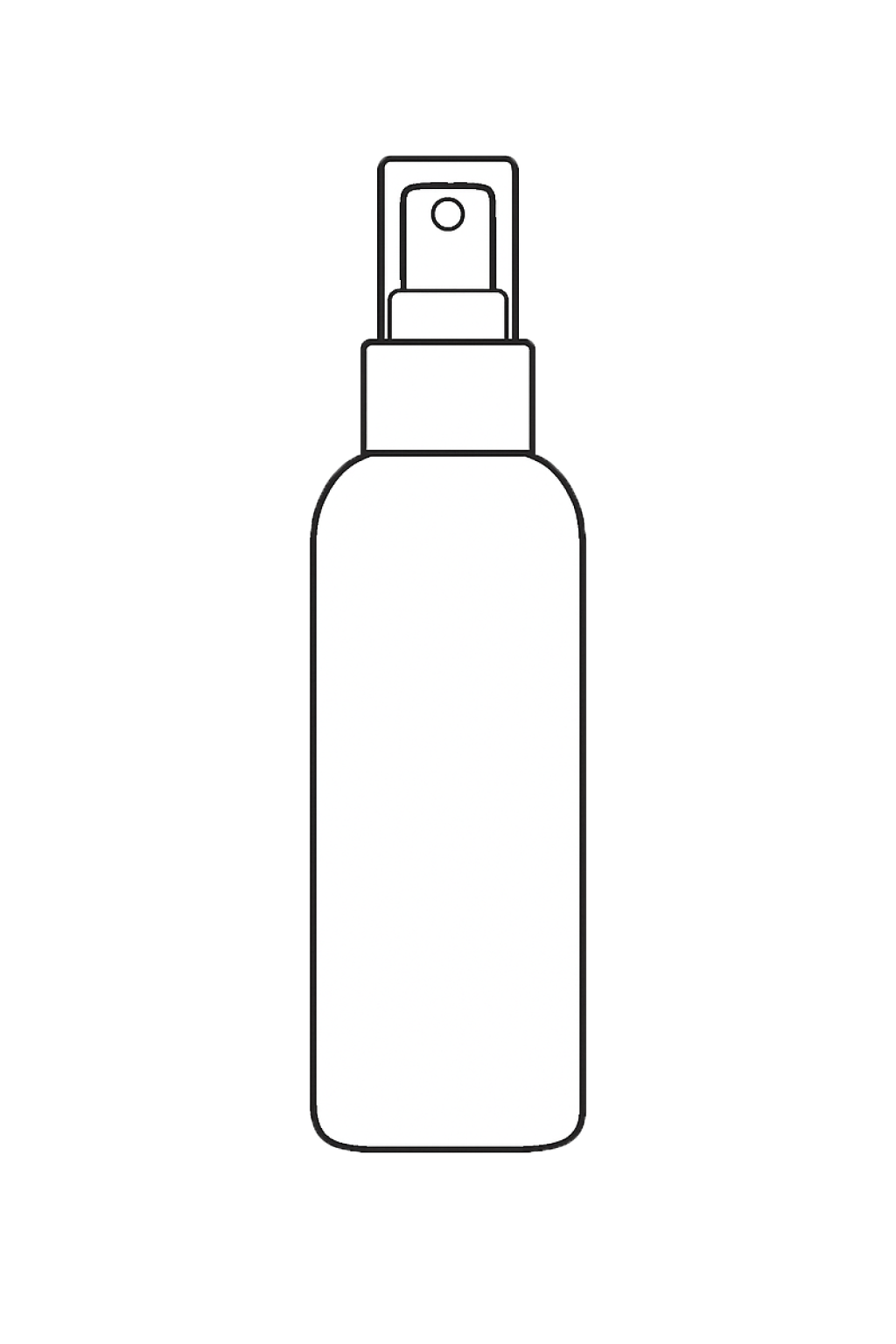
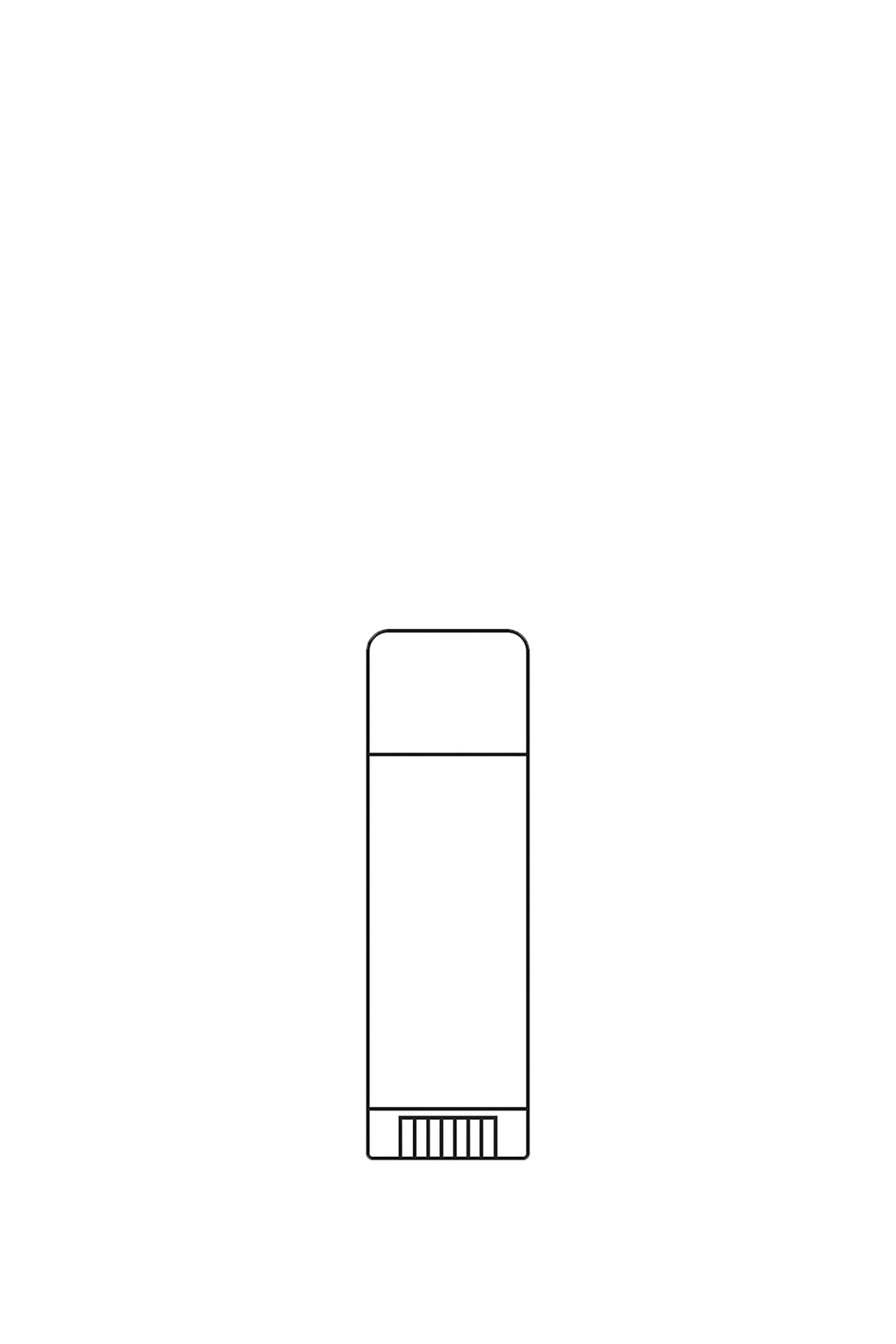
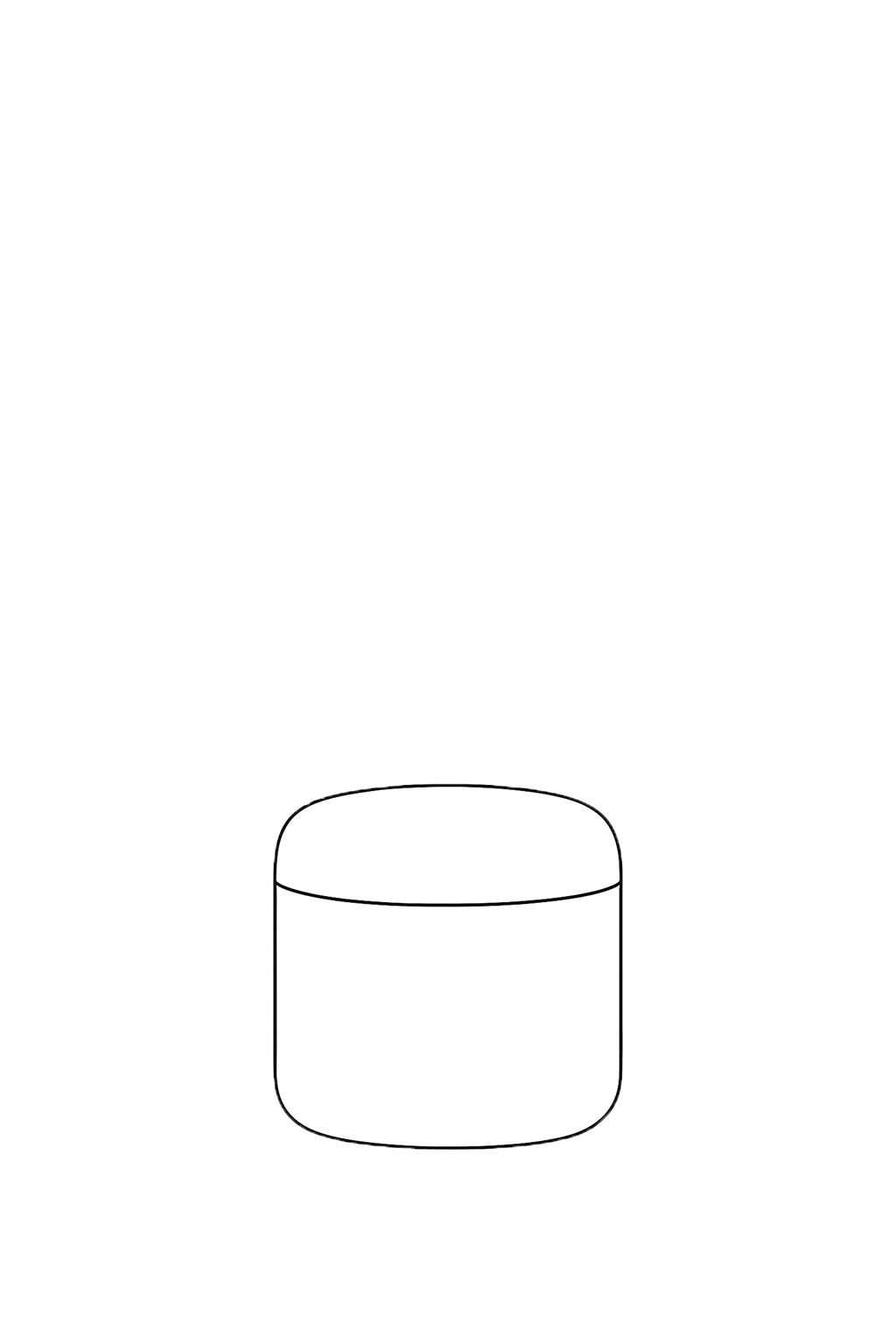
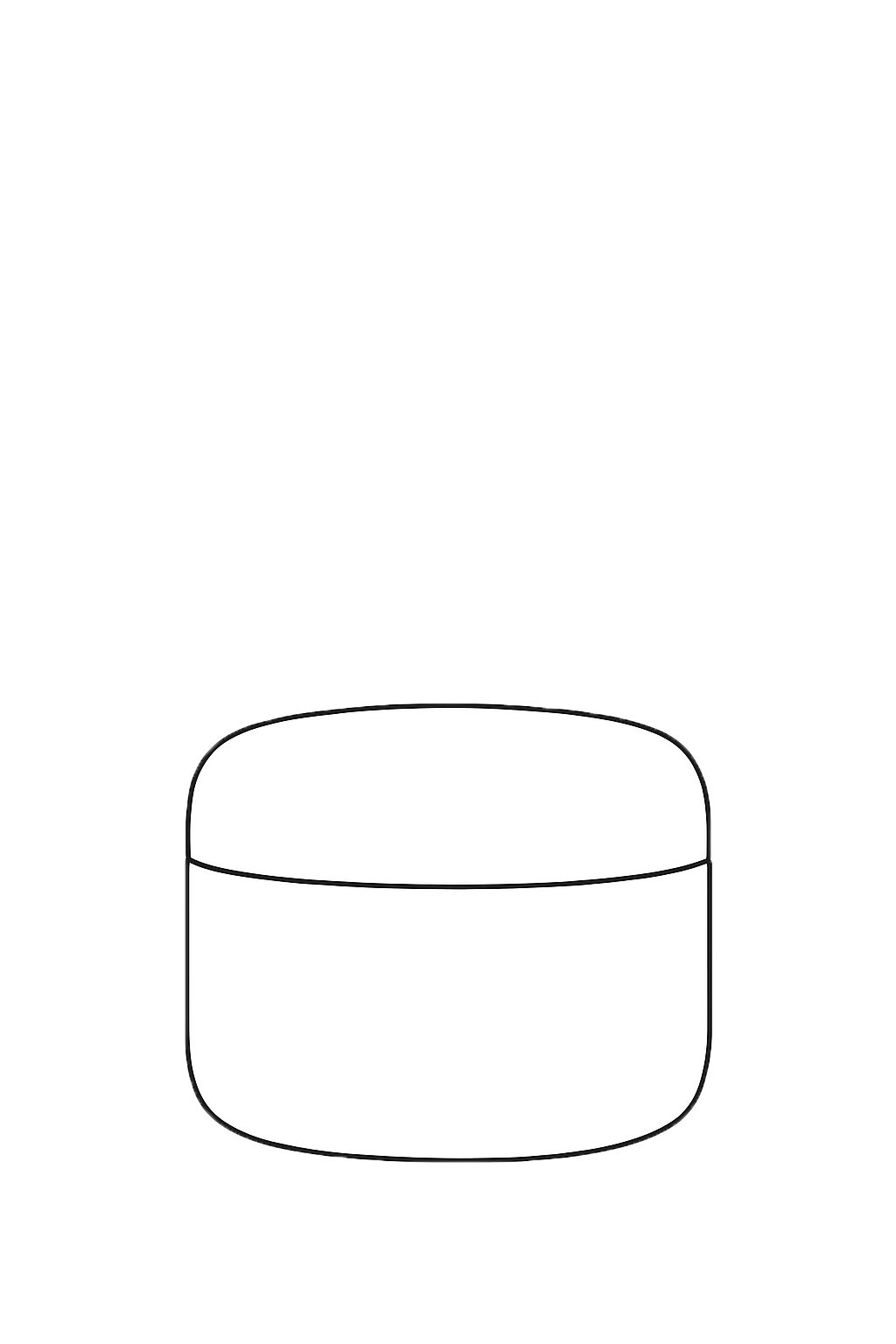
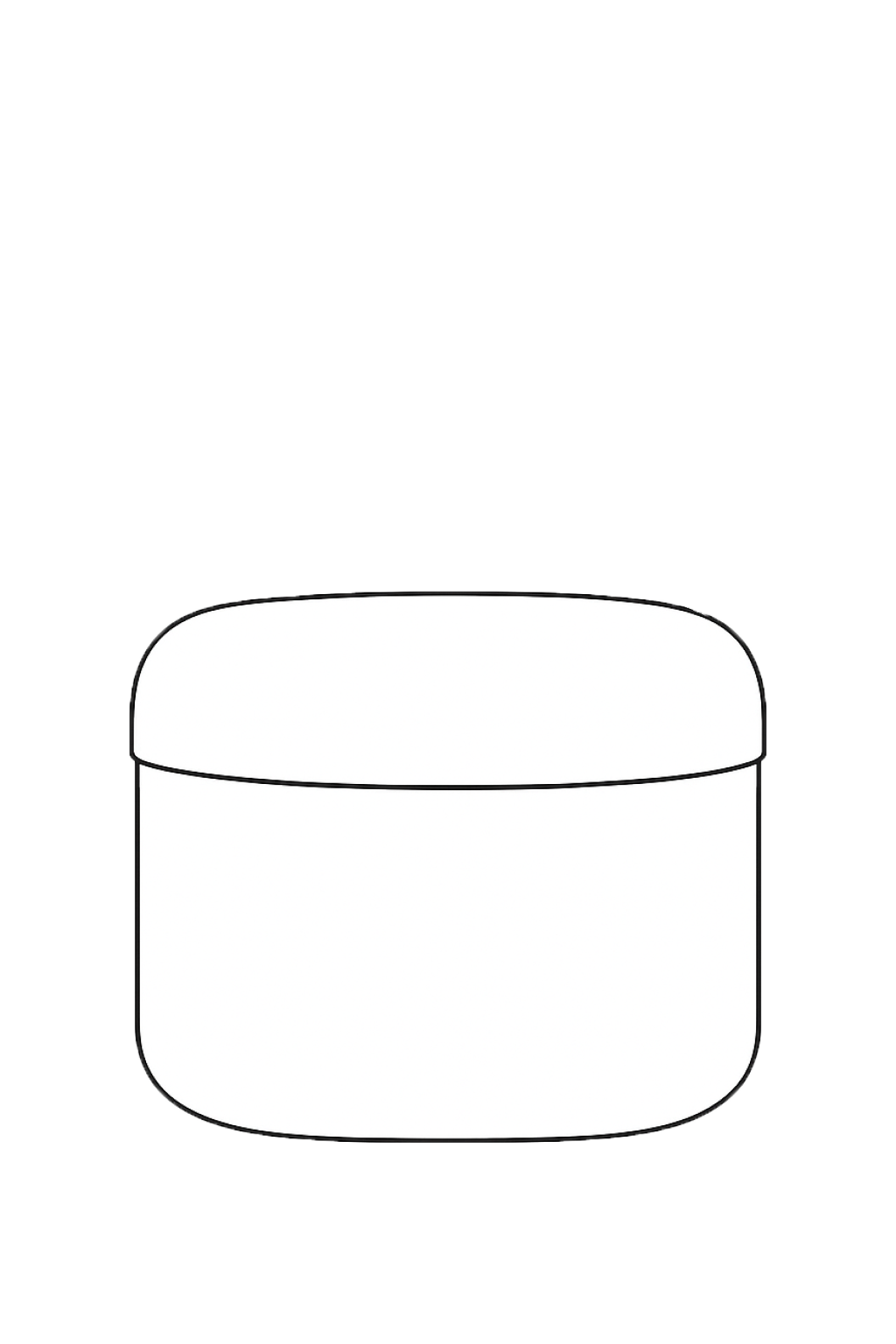
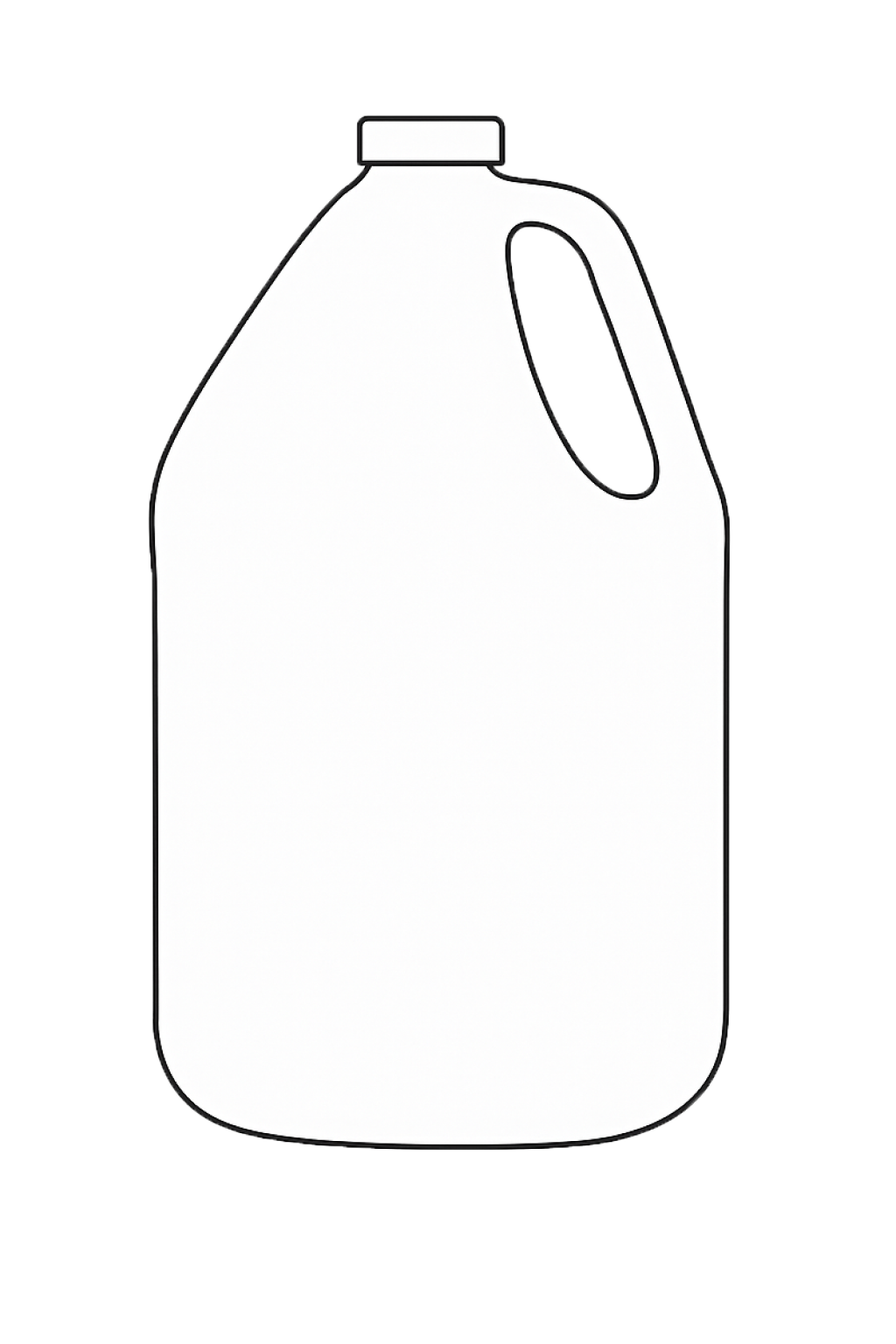
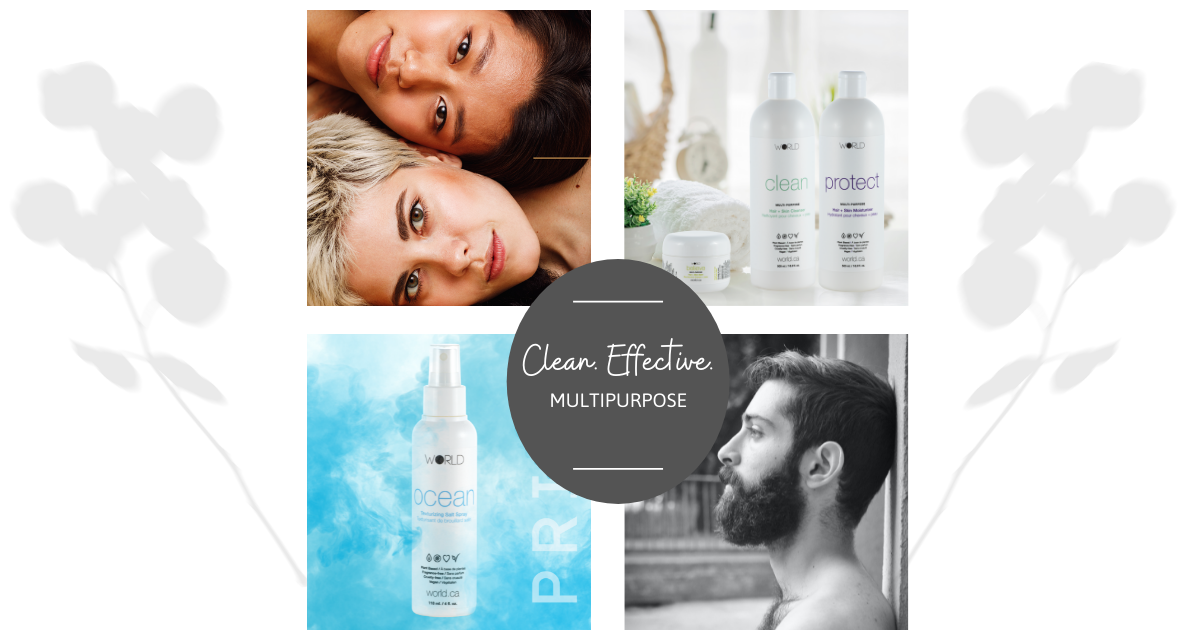
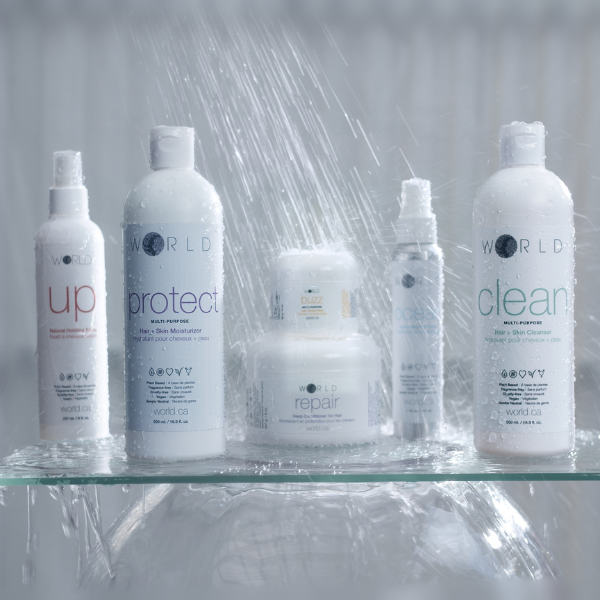

Comments